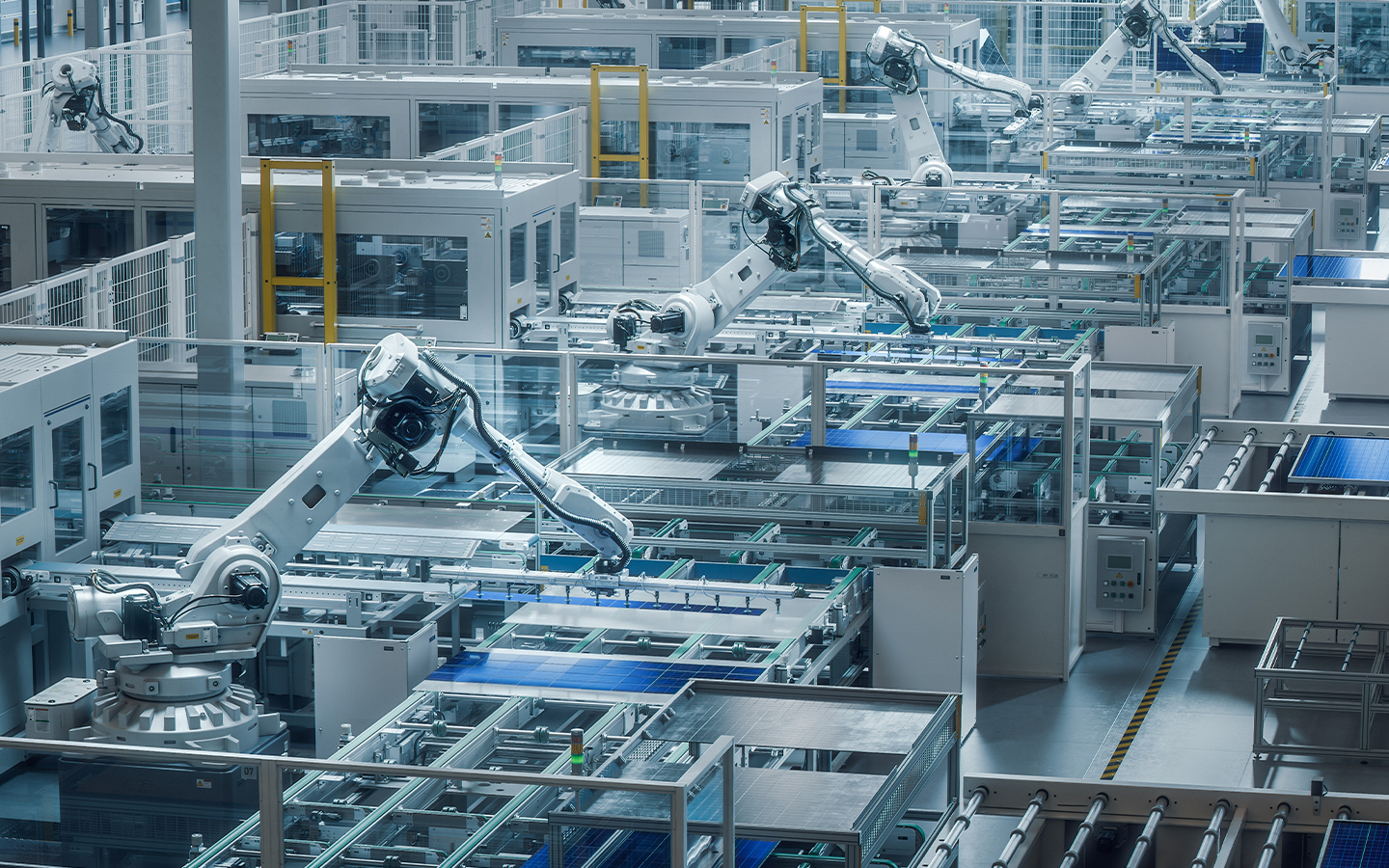In the rapidly evolving world of home appliance manufacturing, digitization is the game-changer that businesses need. The industry, characterized by discrete manufacturing, involves numerous separately produced parts. This means that any changes or delays in delivery dates, tools, or workforce availability can impact an entire production series. The growing demand for customization and shorter product life cycles makes swift responses to changes essential.
With digitization, manufacturers can streamline production through AI-driven automation. This not only improves quality control with data insights but also ensures reliability through predictive maintenance. By implementing AI-powered systems, manufacturers can anticipate potential issues and address them before they disrupt the production flow. This level of foresight is crucial in maintaining agility and meeting the high standards of modern consumers.
Moreover, digitization helps in tackling the challenges posed by the complexity of a diverse product portfolio. With the rise in minimum wage for assembly workers and the monotony of tasks, production processes are becoming more expensive and time-consuming. By employing advanced tools like QLECTOR LEAP, manufacturers can seamlessly manage various products, workflows, and labor distribution.
The planning table of QLECTOR LEAP allows for real-time data access, ensuring that every part of the production process is optimized for efficiency.
Addressing Challenges with Advanced Solutions
The home appliance industry faces several significant challenges, including long and unpredictable lead times and the need to streamline worker scheduling to assembly cells. Manual processes often lead to inefficiencies and higher costs. However, digitization offers a robust solution to these issues.
Using the QLECTOR LEAP Optimization module, manufacturers can create transparent scenarios and provide accurate estimates for the most optimal production schedule. This is crucial for production scheduling, as it allows for the efficient allocation of resources and timely adjustments to production plans. The ability to adapt to last-minute production schedule changes through the QLECTOR LEAP Production guiding module further enhances operational efficiency. This flexibility is essential in mitigating high intermediate inventory levels and ensuring that the production process remains smooth and cost-effective.
The benefits of digitization are clear: a 50% increase in planner productivity, a 10% improvement in asset utilization, a 10% boost in inventory turnover, and an 8% reduction in organizational downtime. These improvements not only enhance the efficiency of production scheduling but also contribute to the overall profitability and competitiveness of the business.
To wrap up
Digitization is transforming home appliance manufacturing by integrating AI-driven automation, improving quality control, and ensuring reliability through predictive maintenance. The agility provided by digital tools allows manufacturers to swiftly respond to changes, tackle the challenges of a diverse product portfolio, and streamline production processes. By leveraging advanced solutions like QLECTOR LEAP, businesses can optimize production scheduling, enhance efficiency, and stay ahead in a competitive market. Embracing digitization is not just an option but a necessity for the future of manufacturing.
